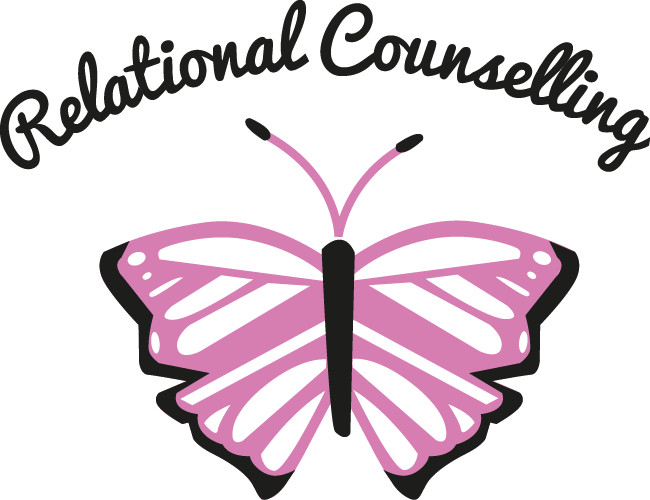Anger is often misunderstood
''Anger can be seen or hidden.''
Anger is a natural emotion; when suppressed or expressed unhealthy, anger can be extremely dangerous and destructive.
From the very beginning of life, infants’ express anger and this has been perceived for many centuries as a negative emotion. I wonder what it would be like if we were taught that there are only emotions and all of these are merely our bodies way of giving us messages, there is no good or bad feeling.
The reality of today is that the majority of caregivers and parents do not teach children how to express anger in a healthy way and allow the feeling to be processed and understood. Generally, the feeling of anger is shamed or punished, and this only teaches children it is wrong to feel anger and that anger is to be suppressed. Internalised anger, which is not expressed can lead to depression, low self-esteem, emotional self-punishment, physical self-harm or lashing out and can be very distressing.
On the contrary anger expressed outwardly in an unhealthy way, which is uncontrolled results in a person physically or verbally abusing others. This often leads to overwhelming feelings of guilt, paranoia and a cycle of abuse and guilt. Whether a person internalises or externalises anger in an unhealthy way, the consequence is that relationships with others and self are impacted negatively. However, through gaining a better self-awareness, change happens, and relationships become healthier and instead of being controlled by feelings, a person is able to choose a different, healthier response.
Before I became a counsellor, I had a limited understanding of anger. Through my training, I discovered that personal experiences and beliefs play a significant role in shaping how one experiences and expresses anger. For instance, in the past, I equated anger with violence and believed that any display of anger would inevitably lead to violence. This was an unconscious assumption that I held. As a result, I used to shy away from conflicts and suppress my own anger.
Through therapy, self-reflection, and questioning my beliefs and behaviours, I gained a deeper understanding of myself and my coping mechanisms. This led to positive change. I learned how to express anger in a healthy and assertive manner and also gained insight into how others experience anger. Anger is simply our expression. If a person feels something is unfair they naturally feel angry. At the root of anger are often feelings of hurt, vulnerability and pain. Understanding one's own experiences and beliefs is crucial for personal growth and change, as we are all unique.
If your anger is impacting your life or relationships, and you feel that talking to a qualified professional can help you find a way forward, please visit our website to book an appointment or for general enquires email: admin@relationalcounselling.co.uk to learn more about anger-focused counselling. We’ve got you!
If you would like some recommended books to read, please see below:
~ Beating Anger by Mike Fisher
~ Anger: Taming a Powerful Emotion by Gary Chapman
―
Gary Chapman, Anger: Taming a Powerful Emotion


